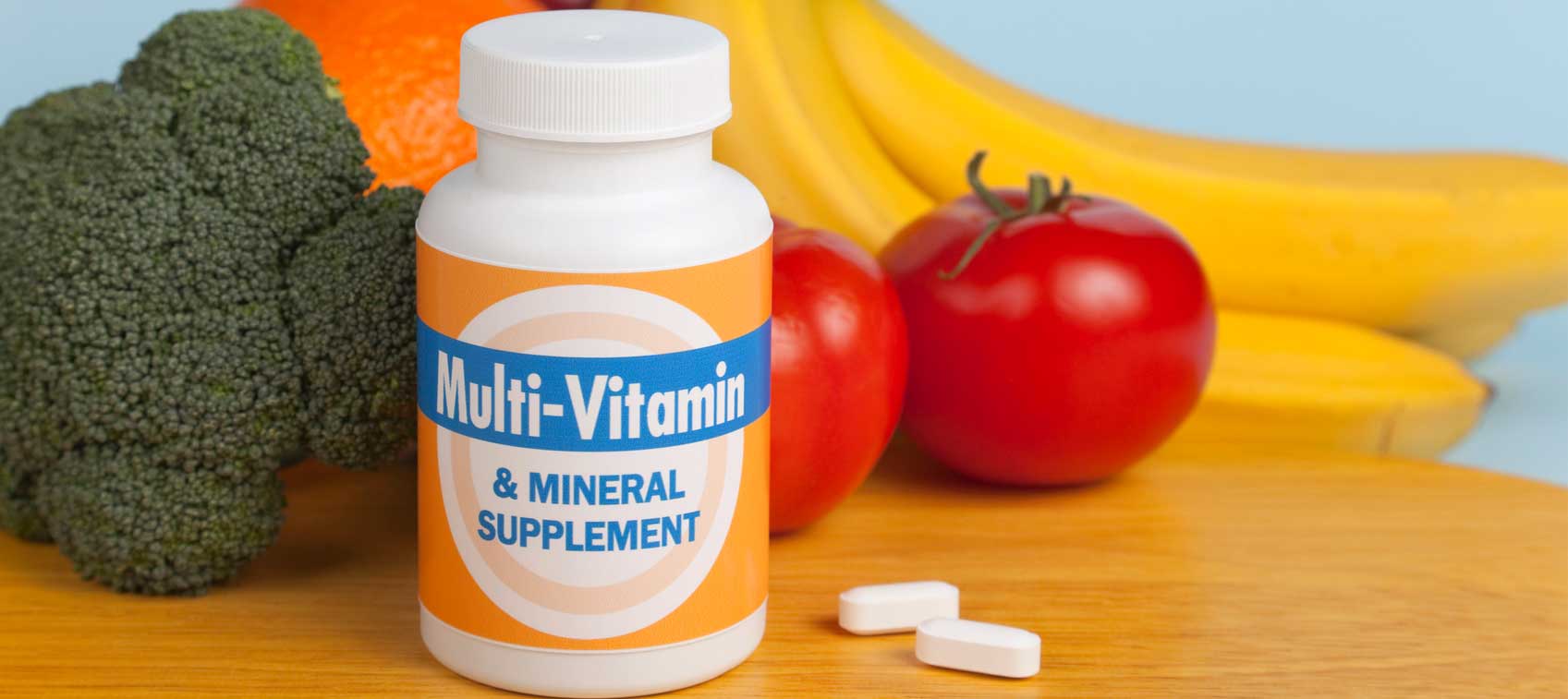
Over the years, there’s been one question I seem to get asked continually: “Do I really need to take a multivitamin?”
The answer to this question always reminds me of my Dad. He often referred to many of the small daily actions we took as “cheap insurance”: Things like locking the car doors when we went into the mall, or hooking up a safety chain when we hitched a trailer to the pickup. They were seemingly minor endeavors that provided extra assurance if everything else failed.
Taking a high-quality multivitamin is another form of cheap insurance. In fact, when it comes to your health and longevity, it is probably some of the cheapest insurance you can get.
With Multivitamins, Conventional Views Fall Short
If you only listen to conventional medical advice, you’ll probably hear that a multivitamin is a waste of money and totally unnecessary. You’ll be told that vitamins are only good for making expensive urine, under the pretext that your body doesn’t need them and just flushes them out of the body. At worst, some will even claim that multis can be detrimental to your health.
But here’s why those statements simply aren’t true.
The functions of the human body are driven by thousands upon thousands of chemical reactions. Every reaction requires specific vitamins, minerals, and other compounds to be successful. The lack of even one single vitamin, mineral, protein, etc. can—and often does—stop the process. These reactions are critical to our overall health, well-being, and survival.
Practically every bodily function necessitates a successful chemical reaction. For example, the repair of cartilage in our joints requires the chemical breakdown of food products and the production of certain biomaterials like hydrogels, which are necessary for joint cartilage repair. The transmission of nerve impulses requires a chain of chemical events dependent on a balance of two minerals, sodium and potassium. And this balancing of minerals depends on adequate amounts of vitamin B6.
Another example is immunity. To operate at peak efficiency, our immune system requires numerous vitamins and minerals like zinc, magnesium, iodine, and selenium. We know magnesium alone is responsible for over 300 biochemical reactions in the body and absolutely critical for proper heart and kidney function. The chemical reactions in the body requiring the various vitamins and minerals, and their interactions, has filled volumes of texts and continues to expand daily.
To be fair, if we ate a perfect diet, drank only the purest of water, avoided excess stress, obtained the proper amount of sunlight, experienced optimal sleep patterns, exercised correctly, never encountered pollutants, and breathed only the cleanest air, we wouldn’t need a daily multivitamin. But we don’t live in such a perfect world…far from it.
I’m sure you’ve heard that the foods we now eat contain fewer vitamins and minerals compared to the food our ancestors ate. It’s true. Our farming practices, artificial fertilizers, depleted soils, harvesting techniques, and food transportation and storage practices are contributing factors. Not to mention the fact that we have chemical preservatives, emulsifiers, additives, and production techniques to prolong shelf life and palatability. All of these factors support the need for taking a daily multivitamin.
But I think there’s an even more important reason for taking a multi, even if we are able to eat a near-perfect diet and avoid the pitfalls of processed and adulterated foods. It goes back to one of my dad’s sayings, “It’s cheap insurance.”
Round-the-Clock Protection
I’ve always felt that one of the best ways to prevent a disease is to supply the body with the same nutrients and compounds you would use to treat the disease. And while I still feel this is true, we typically don’t recognize that we have a disease until we begin to feel symptoms and it has taken hold. I believe taking a multivitamin is one of the best ways to cover a lot of bases at once and in the long-term, prevent disease.
Our bodies are under assault constantly. We are exposed to more chemicals, pollutants, mutated bacteria and viruses than in any time in history. And most of the time, we don’t even know when these assaults take place. This is why it is critical to ensure that our bodies have a regular supply of the vitamins and minerals that are vital to keep our immune and other systems working round-the-clock.
Zinc Deficiency Is Just One Example—It Surfaced with COVID-19
A deficiency in just one mineral or vitamin can stop numerous chemical processes and lead to dysfunction and disease. We recently saw a glaring example of this with the COVID-19 pandemic.
Zinc is a crucial mineral for the immune system to operate effectively. Studies have shown that when zinc levels within the cell are increased, it can inhibit viral replication 100%. Is it possible that a zinc deficiency could make someone more susceptible to COVID-19 (and other viruses for that matter)? I think it’s a resounding yes. When checked, practically everyone who becomes symptomatic or succumbs to COVID-19 has been found to have a zinc deficiency.
There are far more ramifications of a zinc deficiency than how it relates to COVID-19. Not all are imminently life threatening. Zinc and other vitamin and mineral deficiencies can be more insidious. Deficiencies, particularly at a time when your immune system or overall health is vulnerable, can be the start of future arthritis, heart disease, or cancer.
The Cheapest Insurance Available
We could spend a lifetime trying to guess what the next assault will be to our body. I think a more intelligent and less stressful approach is to cover as many bases as possible by routinely taking a multivitamin supplement. In the long run, the extra protection is there whenever your body needs it.


